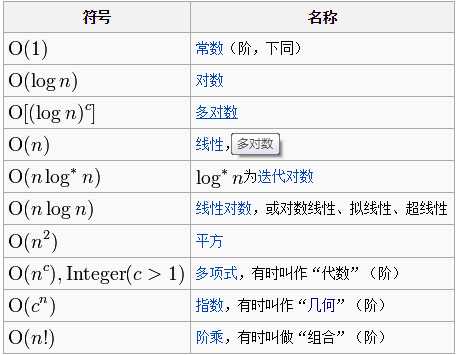标签:
No 1.书中提到的四本经典书籍
the C++ standard library //本书
the art of computer programming//一套算法经典书籍,太厚太贵,没读过
algorithms in c//依旧很经典的算法书,几年前读过一遍
effective C++//没读过,会买的
exceptional C++ //买了只读了一丢丢,感觉好浪费
No 2.新的语言特性
1.template
1.1.typename,class,struct

1 模板函数 2 template <typename T> 3 inline const T& max(const T& a, const T& b) 4 { 5 return a < b ? b : a; 6 } 7 template <class T> 8 inline const T& max(const T& a, const T& b) 9 { 10 return a < b ? b : a; 11 } 12 13 模板类 14 template <typename T> class MyData; 15 template <class T> class MyData; 16 template <typename T> struct MyData; 17 template <class T> struct MyData; 18 //前面的class不能替代为struct 19 20 类型名指示符 21 struct bb 22 { 23 typedef int bar; 24 }; 25 template <typename T> 26 void foo(const T& t) 27 { 28 typename T::bar * p; 29 } 30 bb x; 31 foo(x);
1.2.type可以作为template参数,nontype也可以作为template参数,非类型参数因而可以看做整个template型别的一部分,如bitset<32> flags32;
1.3.default template parametes,缺省参数与函数构造函数类似,template<class T, class bb = vector<T> > class MyData;
1.4.member template,个人理解不深,感觉就是类中类,类中函数的转变类中模板类,类中模板函数
2.explicit initialization,class T; T a = T();
3.exception handing,exception handling != error handling,主要还是try,throw,catch

1 class error; 2 int main(int argc, char* argv[]) 3 { 4 try 5 { 6 if(exception-condition) 7 throw error(); 8 } 9 catch (const error&) 10 { 11 handle exception; 12 } 13 return 0; 14 }
4.namespace,using namespace std; using std::cout;不建议使用前者
5.bool,不同编译器,true得值不一样,通常true,-1,但为非零数,而false,为零
6.explicit,个人不熟,可以阻止不应该允许的经过转换构造函数进行的隐式转换的发生
7.type conversion operators,static_cast,dynamic_cast,const_cast,reinterpret_cast,最后一个没用过,const_cast除了可以去除const还有volatile
8.constant static member

1 #include <iostream> 2 class fdf 3 { 4 public: 5 static const int num = 100; 6 }; 7 const int fdf::num; 8 int main(int argc, char* argv[]) 9 { 10 fdf sd; 11 std::cout << sd.num; 12 while (std::cin){} 13 }
9.main(),int main(int argc, char* argv[]),参数为命令行参数数组,返回值返回给操作系统
No3.复杂度和Big-O表示法
复杂度包括时间复杂度和空间复杂度,时间复杂度就是运算处理的时间数量级,空间复杂度就是内存占用数量级,通常都是优先考虑时间复杂度,递归除外

No.End 20150408
标签:
原文地址:http://www.cnblogs.com/wfxx/p/4402832.html